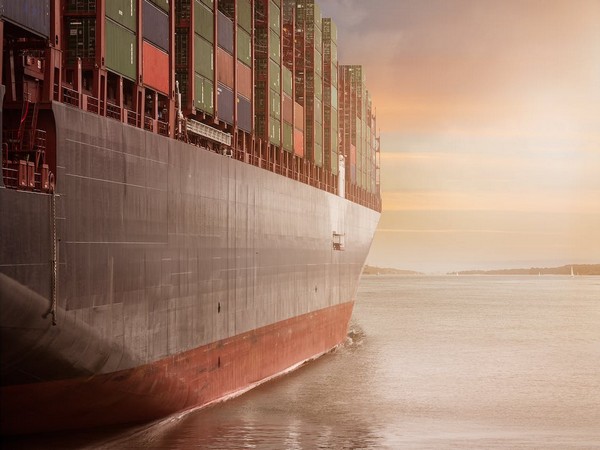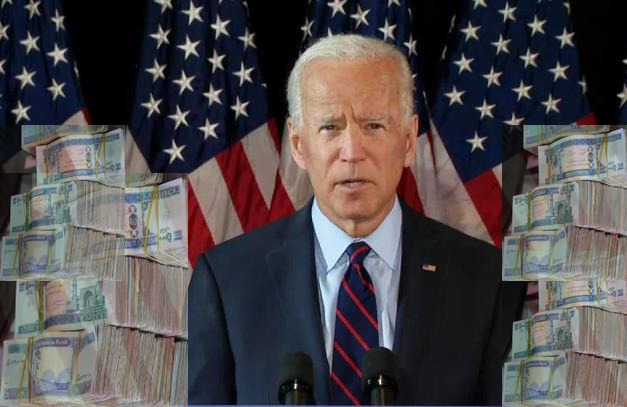In regions where the app, TikTok, is allowed to be used, it has been a runaway success. The social media app dedicated to short-form videos that are user-generated has more than a billion active monthly users and TikTok’s format lends itself to entertainment and comedy. Of late, however, it is increasingly being used for other purposes – news, infotainment, and marketing promotions.
The largest number of TikTok users is in the US where it is estimated to have 170 million users (a sizeable proportion of the country’s population of 332 million). Other countries with significant user bases include Indonesia (110 million), Brazil (82 million), and Mexico (58 million). Last week, however, the US House of Representatives approved and passed a bill that could potentially force TikTok’s parent, the Chinese company, ByteDance, to either sell the app or face a partial ban within the US.
In fact, TikTok is already banned in many countries, including in India where, in 2020, the Indian government banned it along with dozens of other Chinese-made apps. The reasons cited for the ban were concerns related to sovereignty, integrity, defence, security, and public order. At the time of the ban, India had an estimated 200 million active users and was the largest market for the app.
Tik Tok is also banned in Afghanistan where the ruling Islamist regime felt the platform’s content was not in line with Islamic laws. In countries such as Australia, Canada, Belgium, and Denmark, the app is banned on all government-owned or government-issued devices. In the European Union, its three main institutions—the European Parliament, European Commission, and EU Council—have imposed bans on TikTok for staff devices, and the EU remains cautious about the platform’s ties to China.
In the US, legislators’ worries about TikTok have intensified after the tensions between the US and China have escalated. Many legislators believe that TikTok’s addictive algorithm could allow the Chinese government to access user data and potentially influence Americans. The bill aims to cut off Chinese influence by selling TikTok to a “qualified buyer,” likely a Western company. Legislators fear that ByteDance might be secretly controlled by the Chinese Communist Party.
Who Really Owns TikTok?
While ByteDance denies sharing sensitive user data with the Chinese government, concerns persist. China’s history of cracking down on domestic tech firms and its censorship practices raise suspicions. TikTok is popularly described as a Chinese app. And, indeed, it is owned by ByteDance, an internet technology company headquartered in Beijing, China. It was founded by two Chinese entrepreneurs, Zhang Yiming and Liang Rubo in 2012. But who really owns ByteDance?
ByteDance is called a Chinese company but 60% of it is beneficially owned by global investors such as the Carlyle Group, General Atlantic, and Susquehanna International Group–all US companies. The Carlyle Group is a global investment firm, founded in the US; General Atlantic is an American growth equity firm providing capital and strategic support for global growth companies; and Susquehanna International Group is a privately held global trading and technology firm, headquartered in the US. So, more than half of ByteDance’s equity is owned by American investment firms.
What about the rest? Roughly 20% is owned by ByteDance employees worldwide; and the remaining 20% is owned by ByteDance’s founders. TikTok’s CEO is Shou Zi Chew, also known as Chew Shou Zi, a Singaporean businessman and entrepreneur, based in the US.
Does China Influence TikTok?
As can be seen from the details of who owns TikTok’s parent company, ByteDance, the Chinese government or state agencies do not have control over the company in the traditional sense, that is, through shareholding. However, the rest of the world outside China believes that there is a nuance regarding the Chinese government’s influence over social media and online platforms. While not a direct owner, a small stake (1%) in one of ByteDance’s Chinese subsidiaries is held by entities with ties to the Chinese government. This gives them some influence, but the extent is unclear.
Then there is the geographic factor. Owing to ByteDance’s Chinese origins, many countries worry the Chinese government could pressure the company to hand over user data. TikTok maintains its US user data is stored outside of China and that its CEO who is based in the US makes key decisions. So, while the Chinese government doesn’t directly own TikTok, the ownership structure and Chinese origins raise concerns about potential government influence over user data.
Interestingly, TikTok has never been available in China, as the country has its own version of the app called Douyin, incidentally, also owned by ByteDance. While TikTok is available internationally, in China, you would find Douyin, which has been described as the country’s domestic alternative to TikTok. It is held on a different server than TikTok, which researchers have attributed to ByteDance complying with internet regulations set by the Chinese government. Douyin is available via the web, and it operates within China, subject to monitoring and censorship by the government.
It is believed that China has strict control over its media environment, both traditional and digital. China’s central government employs a combination of legal regulations, technical control, and proactive manipulation to restrict online freedom of expression.
China’s Great Firewall (officially known as the Golden Shield Project) monitors and filters internet traffic, blocking access to foreign websites and services. Authorities use libel lawsuits, arrests, and other means to force journalists, bloggers, and media organisations to self-censor.
Moreover, China emphasises the concept of “internet sovereignty”, requiring all internet users (including foreigners) to abide by Chinese laws and regulations. Chinese internet companies have to sign a pledge on self-regulation and professional ethics, imposing even stricter rules.
The heat around TikTok is, therefore, generated by concerns that its parent, ByteDance, 60% of which is controlled by investment firms that are really American, will have to comply with Chinese regulations on internet and social media platforms and that TikTok’s parent company ByteDance, could access user data for surveillance or influence campaigns.
Doesn’t Every App Collect User Data?
Yes, they do. Pretty much all popular apps collect user data. This can include browsing habits, location, purchase history, and even how you interact with the app itself.
Data collection by apps is becoming more regulated, but it’s a complex issue. Laws like GDPR in Europe and CCPA in California give users more control over their data, but enforcement varies. In India, for instance, the government has been actively addressing data privacy and collection through various measures but it is still evolving. When apps collect your data, there are potential risks such as privacy intrusion but also security breaches where data can be stolen and used for malicious purposes.
Apps and platforms such as Facebook (with a monthly user base of more than 3 billion); X (350 million); and Instagram (1.2 billion) all collect personal data that, potentially, can be used for malicious intent that TikTok is potentially suspected of. The fact is there is no evidence that any of these apps and platforms misuse the data that they collect. Then again, there is neither any evidence that TikTok does that. Ultimately, all major platforms collect a substantial amount of user data. For users, therefore, it is wise to be cautious and review the privacy settings on any app that they may be using.
For more details visit us: https://lokmarg.com/





